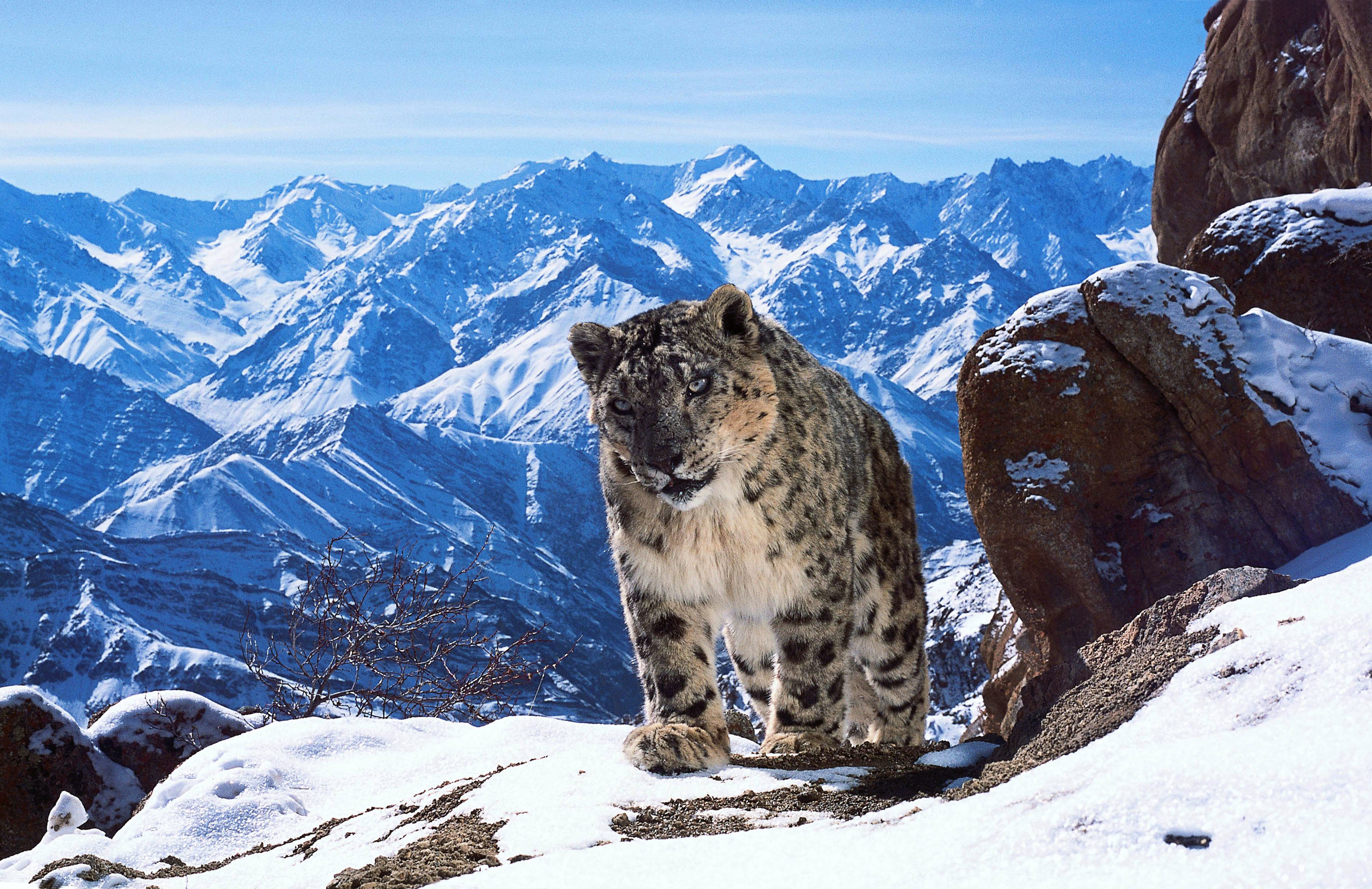
WATCHING nature programmes and animal documentaries can reduce our stress levels and make us happier, new research shows.
Even watching small clips of shows such as Planet Earth II boosts emotions of awe, contentedness, joy and amusement and reduces anxiety, fear and tiredness, the BBC Earth study found.
Creators behind The Happiness Project now plan to use the findings to produce more content bringing viewers closer to the natural world and their own well-being.
BBC Worldwide’s realhappinessproject.com website, launched on Wednesday, will include interactive elements such as a “happybot” which creates a personalised montage of natural history clips to suit each user.
Executive producer Mike Gunton said: “What excites me about this study is seeing how Planet Earth II connects with people on a deep emotional level – as a film-maker that is very rewarding.
“We’re always striving to bring our audiences closer to nature and it’s thrilling to see how this can generate such positive emotions and have a powerful impact on our viewer’s mood and well-being.
“I hope that in sparking an appreciation of the natural world, Planet Earth II will also encourage people to love and protect the natural world.”
Findings from the research, in collaboration with University of California, Berkeley, come weeks after Planet Earth II broke viewing figure records with its release in the US.
A decade after its first series, the acclaimed follow-up’s stunning cinematography made it one of the most-watched television programmes of 2016 and, according to the BBC, the most successful nature documentary for 15 years.
During the study, 7,500 global participants were asked to fill in surveys about their mood before watching clips of Planet Earth II, dramas and news stories, and their reactions were monitored with facial mapping technology and psychometric tests.
Results showed that women experienced more dramatic emotional changes than men when watching the nature show clips, while people aged between 16 and 24 showed the biggest reduction in feelings of nervousness, overburden and fatigue.
Reviewing 150 further studies as part of the project, Berkeley’s Professor Dacher Keltner found that our connection to nature enhanced our attention, cognitive performance and sense of calm, made us more social and effective team-workers and could even improve our physical health.
He said: “The shifts in emotion as a result of watching this powerful natural history series are significant as we know that wonder and contentment are the foundations of human happiness.
“If people experience feelings of awe, they are more likely to display empathetic and charitable behaviours and have been shown to be better able to handle stress.”

Enjoy the convenience of having The Sunday Post delivered as a digital ePaper straight to your smartphone, tablet or computer.
Subscribe for only £5.49 a month and enjoy all the benefits of the printed paper as a digital replica.
Subscribe